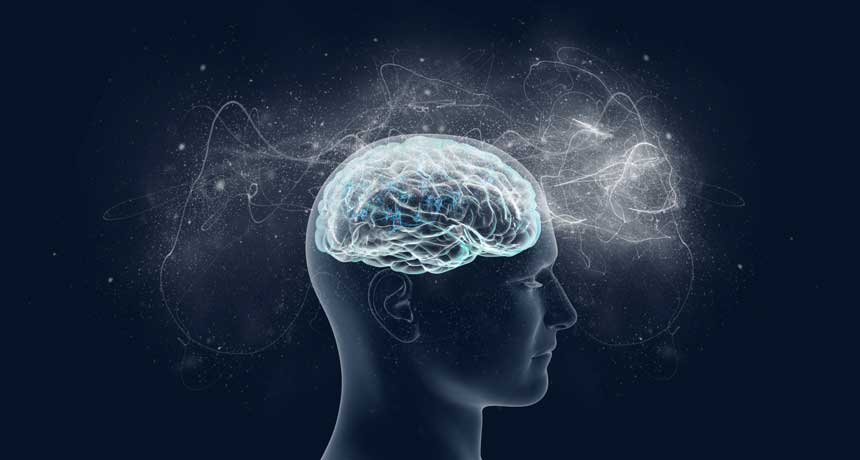“Evidence of non-corrupt motives weighs heavily against any allegation that the President had a corrupt intent to obstruct the investigation.”
“Culture change happens when a small group of people find a better way to live and the rest of us copy them.”
“To work with Things in the indescribable relationship is not too hard for us; the pattern grows more intricate and subtle, and being swept along is not enough.”
______
Which one of these three statements rings entirely false, which rings half true, and which rings true to you? In a dead culture, each parent and teacher has to first be their own parent and teacher, before they can teach children how to hear the truth beyond the cacophony of lies.
The first statement is a risible lie from Attorney General William Barr today, about a man that has displayed nothing but corrupt intent since assuming the presidency. Barr sealed his fate; he will be known through the annals of history as Trump’s toady. And the American people don’t care.
The second quote is a bromide by a leading MSM commentator that manages to both hit the mark and miss it at the same time. Culture change in America, or in any nation that has lost its soul, begins with a few acknowledging and mourning the loss, and then moving in a new direction. No one need copy anyone however.

The third is a few lines from Rilke, one of the West’s greatest contemplative poets. Like all good poets, you can’t be quite sure what he means. That of course is the point of poetry. For true poetry is inscribed not merely on the page when the lines were written, but on the heart by every discerning reader.
The human crisis is much deeper and wider than America now, and involves things for which we have no words, or too many of them. What language do we speak when all languages fall short, except the unspoken language of the heart? And how does one, how does anyone convey truths that are at once perishable and unconquerable?
An unconscious cognitive revolution occurred in East Africa about 100,000 years ago that made us “fully modern humans.” A conscious creative explosion of insight, effectively ‘rewiring’ the human brain, is now possible, indeed essential for our survival. Can it actually occur at this juncture?
Every human on earth, all nearly 8 billion of us, descended from a few thousand people who made the cognitive leap. Physically, people looked the same as they did before, but after the cognitive revolution, humans were capable of complex technology, diverse cultures, sophisticated speech, and great art.
If we were able to go back in time, and transport a baby from a few hundred years before the cognitive revolution to the present, the child would grow into what we call a mentally impaired adult. But if we were able to transport a baby from after the cognitive revolution, that child would grow into what we call a normal adult.
Of course normal now is abnormal just 50 years ago, when self-centeredness was not considered a virtue, and self-interest was not deemed an immutable characteristic of individuals as well as nations.
The cognitive revolution has run its course. Sure, science, medicine and computer technology will continue to expand, but the human being has become secondary, if not irrelevant to what we so blithely call progress.
There are many theories as to what has gone wrong with human civilization, and almost as many solutions for how to correct it. Most attempt to give “a dose of optimism during tough times;” all say, “we must “adapt our brains to a better process of problem-solving.”
Superficial ideas emanate from books like “The Watchman’s Rattle,” ideas like “supermemes,” defined as “any belief, thought, or behavior that becomes so pervasive, so stubbornly embedded, that it contaminates or suppresses all other beliefs or behaviors.” The notion is that supermemes “become so dominant that a society stops its search for answers and relies on beliefs instead of knowledge or facts.”
The “search for answers” and “the problem-solving brain” cannot resolve the crisis of consciousness. That attitude itself is a prime impediment, not the thing that needs to be enhanced.

Is it a matter of “how accelerating complexity outpaces the rate the human brain can develop new capabilities?”
Clearly we don’t need more cognition; we need to ignite our brain’s capacity for insight. Then a creative explosion of insight will bring about a new human being and a global culture and civilization.
Cognition is thought, and thought is cognition. Insight can and does inform thought and knowledge, but insight does not have its source, or for that matter its import for humanity, in thought and knowledge.
A creative explosion of insight will change the brain itself. Such an inner revolution begins within the individual, will be ignited by a few, and then taken up (not copied) by the many.
Martin LeFevre

